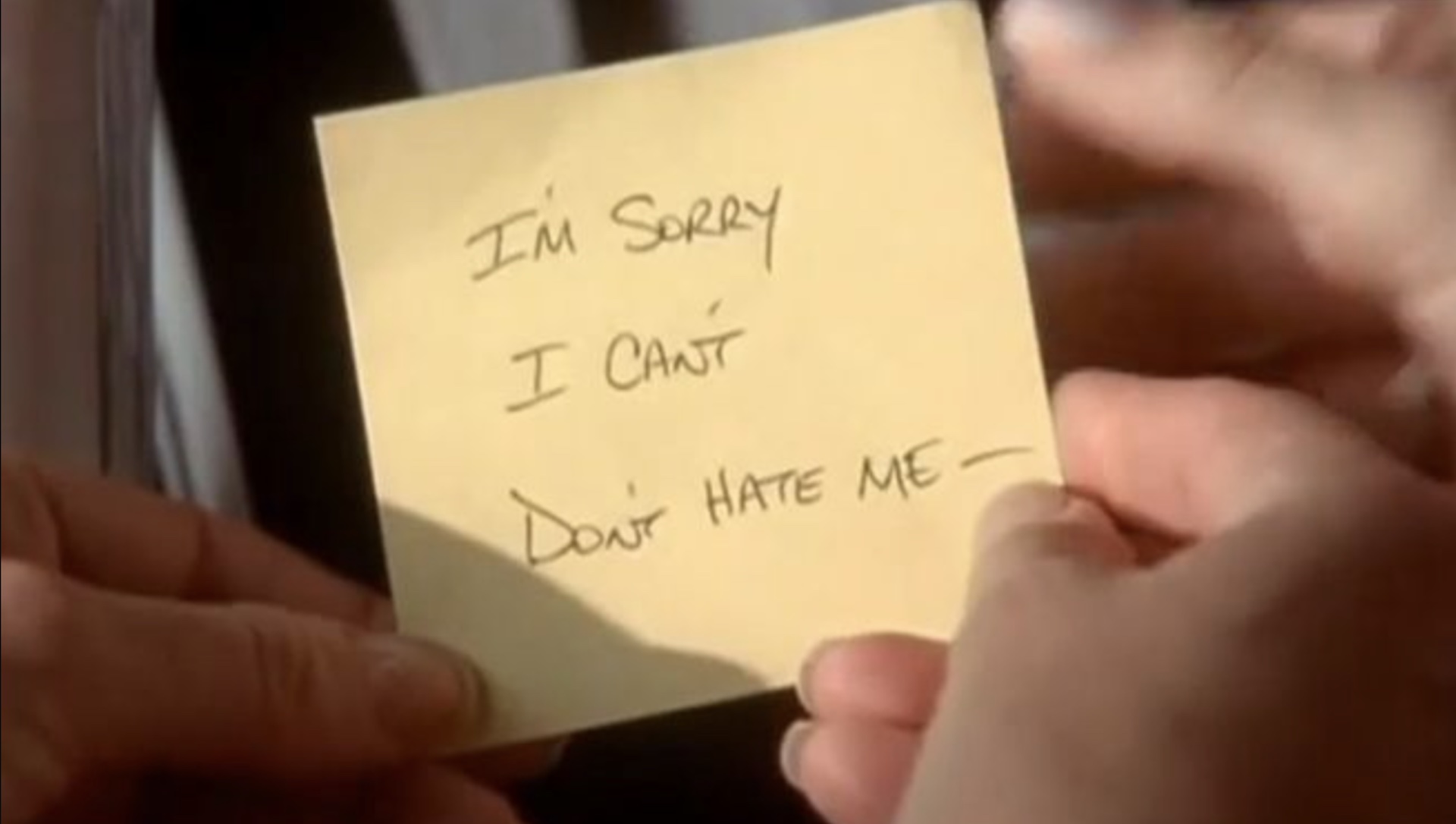I’ve dealt with some of the worst men you could ever imagine. Seriously, my track record is frightening. But one thing I’ve thankfully never dealt with was being ghosted. Cheating? Plenty of times. Emotional abuse? Oh, a bunch. But getting ghosted? Thankfully no. Even when it comes to Hinge conversations that seem to never go anywhere, it’s usually a mutual dissipation of conversation rather than trying to get a hold of someone and them not responding. And I’m glad because I don’t think my anger issues could handle getting ghosted. Some of my closest friends (some of the hottest, most well-rounded people I’ve ever seen!) have been ghosted, and even though this person might not mean anything to them, it always affects them so much. Why? Because ghosting is actually pretty traumatic.
So, if you just got ghosted and your brain immediately goes with, “What’s wrong with me,” just stop right there! Ghosting is almost never about you and almost always about the other person. And it’s about the other person being a little bitch. A mature, emotionally intelligent adult should be able to speak about how they’re feeling and end things amicably. A snot-nosed coward chooses to ghost.
But if you want a professional opinion, I spoke with licensed family therapist Dr. Jeannelle Perkins-Muhammad about why do people ghost and how it impacts you psychologically and emotionally.
Being Ghosted Hurts, Here’s Why It Effects You So Much

“Ghosting reveals a lack of relational intelligence, as it sidesteps the emotional responsibility of ending a connection with care,” Dr. Perkins-Muhammad tells Betches. It’s basically one person saying, “My comfortability is way more important than someone else’s feelings.”
And I know we like to all go around saying “I don’t owe anyone anything” but I’m a firm believer that we owe each other basic human decency. If you can’t tell, I’m very anti-ghosting. Unless you’re doing it for personal safety reasons, you should never ghost someone! Even if you’re not that interested in someone, getting ghosted by them can leave you feeling rejected, confused, and abandoned.
“This sudden silence can trigger deep-seated fears of inadequacy and worthlessness, leading to emotional distress,” Dr. Jeannelle says. “The lack of closure and unanswered questions can cause prolonged anxiety and make it difficult to trust others, intensifying the emotional impact.”
Ghosting robs both parties of the opportunity to work on healthy relationship skills like active listening, boundary-setting, and conflict resolution, she explains. If people choose to express how they feel or why they might not think a relationship is working, it could result in them growing stronger, improving their relational abilities, and, in the long run, building more meaningful connections.
So, if you’re planning on ghosting someone, hey, don’t! And if you’ve been ghosted, I promise it’s not about you, and I’m about 100% sure you just dodged a bullet.




















































